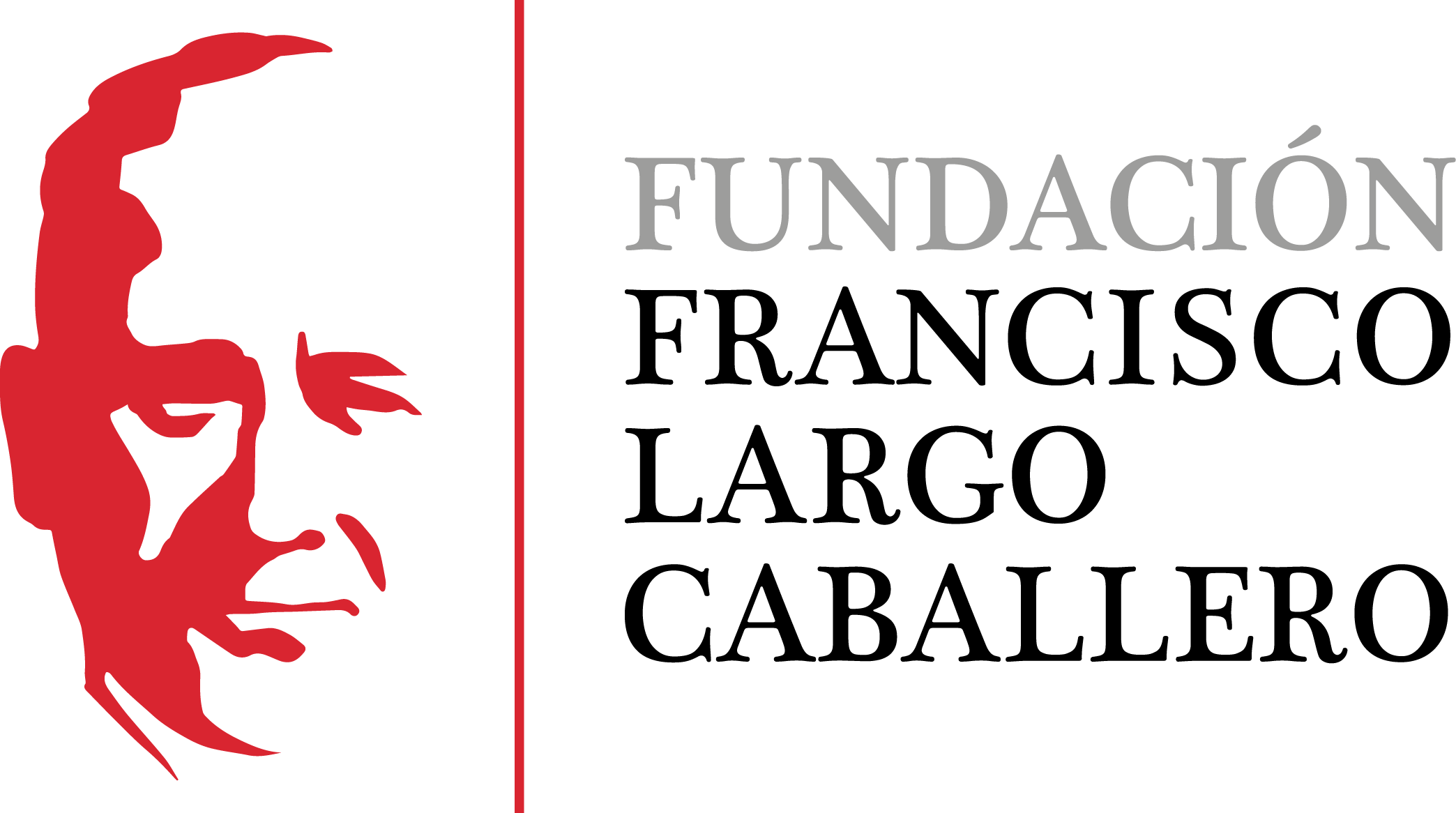Political Clientelism and Localism in Cantabria during the Restoration Period
DOI:
https://doi.org/10.69791/rahc.267Keywords:
Clientelism, localism, electoral legislation, representation, political regionalismAbstract
Localism and clientelism were two basic characteristics of the Spanish politics from the liberal regime origins. In this article, it analyses particularly their influence on the political life of Cantabria from 1875 until the beginning of Second Republic. Such influence was consolidated, as in the whole country, by the electoral legislation approved in that period, which favoured the representation of local interests and administrative clientelism as a means of integrating their in the political regime. In Cantabria, localism basically guaranteed the local influences and regional bourgeoisie interests. Nevertheless, historical, ideological and economical factors obstructed the appearance of a political regionalism.
Downloads
Global Statistics ℹ️
|
60
Views
|
24
Downloads
|
|
84
Total
|
|
Downloads
Published
How to Cite
Issue
Section
License
Copyright (c) 2008 Aurora Garrido Martín

This work is licensed under a Creative Commons Attribution 4.0 International License.
Alcores is an open-access journal. It provides unrestricted access to its content from the moment of publication. We respect intellectual property rights, and for this reason, the author retains the copyright. All content is distributed under a Creative Commons Attribution 4.0 International (CC BY 4.0) license. The terms of the license can be consulted at: https://creativecommons.org/licenses/by/4.0/
This license allows sharing (copying and redistributing the material in any medium or format) and adapting (remixing, transforming, and building upon the material for any purpose), provided that authorship and first publication in this journal are properly credited, a link to the license is included, and any changes made are indicated.
This type of license facilitates the freedom of reuse and ensures that the content of this journal can be used to meet research needs.





